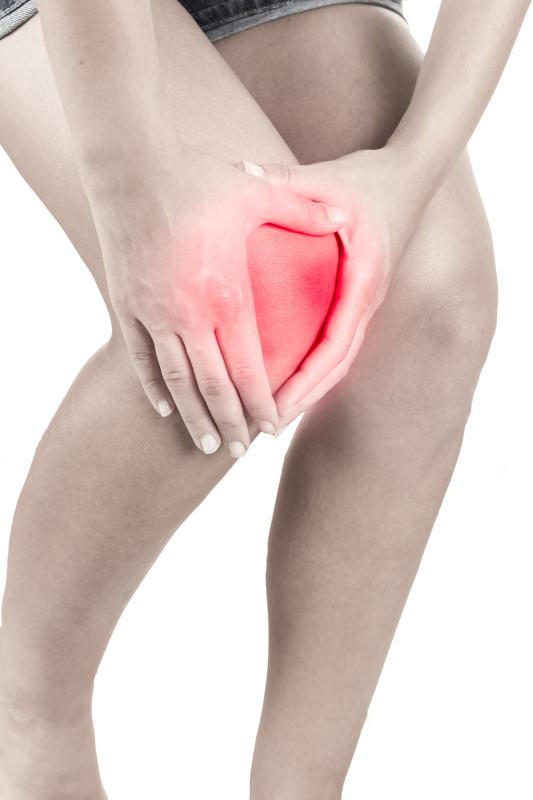
Improved sleep quality appears to reduce knee pain worsening (KPW) with coexisting widespread pain (WSP), suggests a recent study.
The authors assessed sleep quality and restless sleep using a single item from two validated questionnaires at the 60-month visit of the Multicenter Osteoarthritis Study. They categorized each sleep measure into three levels, with poor/most restless sleep as the reference. Generalized estimating equations were applied in multivariable logistic regression models.
WSP was defined as pain above and below the waist on both sides of the body and axially using a standard homunculus, based on the American College of Rheumatology criteria. Outcomes from 60–84 months were as follows: KPW (defined as minimal clinically important difference in WOMAC pain), prevalent, and incident consistent frequent knee pain.
A total of 4,648 knees from 2,329 participants (body mass index, 30.9 kg/m2) were analysed. The association between sleep quality and KPW was modified by WSP (pinteraction=0.002). Among persons with WSP, those with very good sleep appeared to have lessened KPW (odds ratio, 0.53, 95 percent confidence interval, 0.35–0.78; ptrend<0.001).
In addition, the strongest association of sleep quality was observed in persons with more than eight painful joint sites (ptrend<0.01), but not in those with two or less painful joint sites. Similar results were seen in restless sleep, in the presence of WSP. Moreover, a significant cross-sectional relationship was found between sleep and prevalence of consistent frequent knee pain.